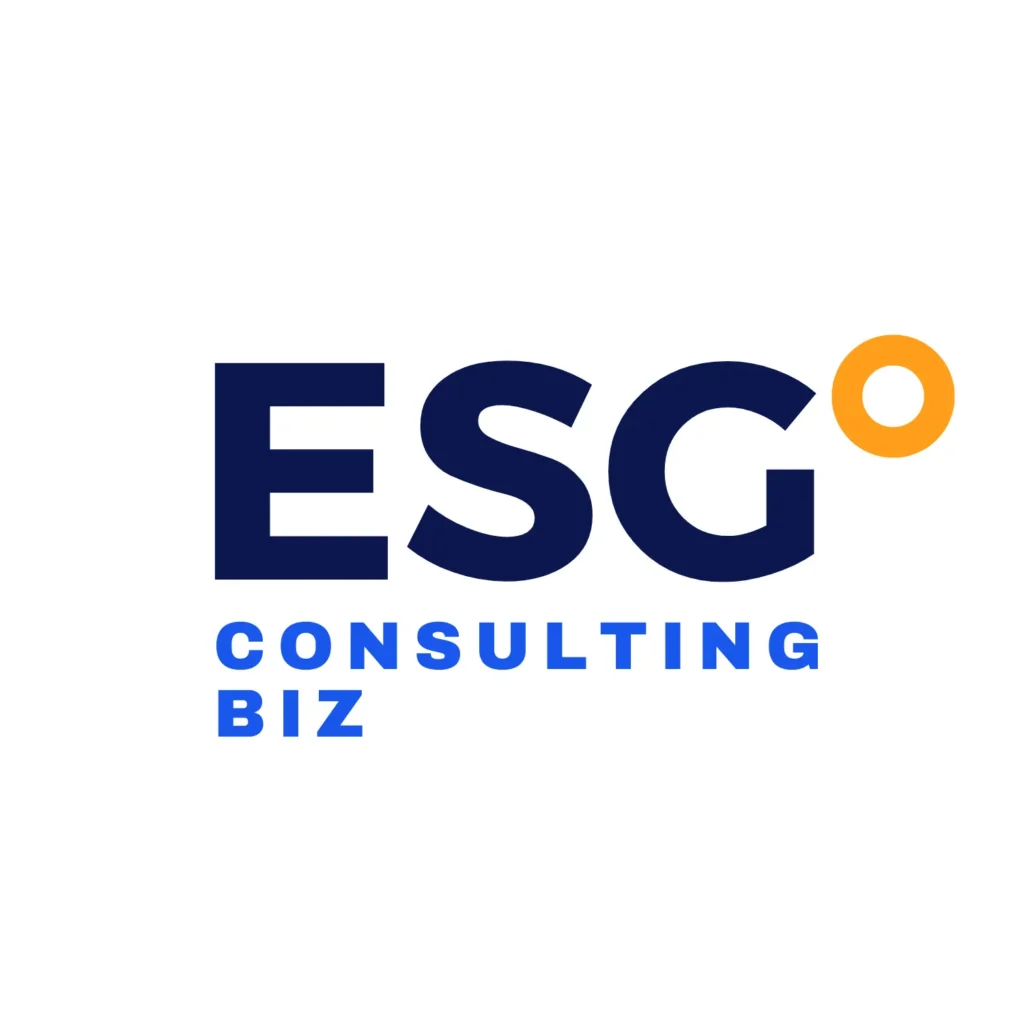There’s a lot of activity swirling around frameworks, standards and certifications as investors, companies and experts scramble to define and agree on ESG metrics.
Here are a few ways to get up to speed:
European Sustainable Development Goals (SDGs) Summit Sessions led by C-level executives, and includes roundtables on specific SDGs and new research on European trends.
October 10 – 11
International Sustainability Standards Board (ISSB) Learn about the two new proposed standards, general sustainability-related disclosure requirements and climate-related disclosure requirements from newly formed ISSB. Presented by: Professor Robert Eccles, Founding Chairman of the Sustainability Accounting Standards Board, Jonathan Labrey, Chief Policy Officer and Head of UK Office, Value Reporting Foundation (IFRS), and Dr Jeremy Osborn, Global Head of ESG, AICPA CIMA (Association of International Certified Professional Accountants). October 13
The Dow Jones Sustainability Indices (DJSI) and the Corporate Sustainability Assessment (CSA) that determines entry therein, sit against a backdrop of a rising tide of expectations. From a regulatory perspective, mandatory reporting requirements for ESG issues are growing on a global scale, not to mention the continued interest in sustainability performance from investors. With ESG assets on track to exceed $50 trillion by 2025, inclusion in ESG funds such as the DJSI family provides material incentives not only to respond to the CSA but to respond well. November 9

There are over 11 million Google search results for “best sustainability or ESG books” and the lion’s share of them are theoretical and/or focused on the “what”.
What is climate change? What is circular economy or carbon footprinting? What are 10 of the largest companies doing (that they’re willing to disclose in a book) to combat climate change?
But to be effective sustainability leaders, we must understand the how.
How to get people on board with our strategy, how to navigate the tricky issues going on behind the curtain at the companies we’re working with, and how the political, economic, and societal systems that underpin today’s society — can be reimagined and restructured to serve both people and the planet.
Here are my recommendations for books that have been incredibly helpful in my work as a sustainability consultant.
Start with Why
Author: Simon Sinek
Publisher: Penguin Random House
This book frames out a new way of thinking, acting, and communicating that gives us the ability to inspire those around us. There are lots of nuggets of applicable wisdom in this book, from active listening to understanding perspective and how to motivate people to take action by focusing on the why and not as much as the what. Learning how to inspire is a superpower when advancing sustainability inside organizations.
Net Positive
Authors: Paul Polman and Andrew Winston
Publisher: Harvard Business Review Press
A big picture, challenge-your-mindset, must-read. This book is about how we can manage the issues that no one wants to talk about, but can no longer avoid. Problems (and solutions) such as companies paying their fair share of taxes, perpetuating corruption, short-termism by shareholders, and the lack of diversity on corporate boards. These dynamics are at play behind the scenes and can impact how successful as consultants we are. This book will challenge you to reframe and reimagine just about everything you think you know about business – and give you a fresh perspective and a competitive advantage.
The Lean Startup
Author: Eric Ries
Publisher: Random House
This book is helpful for understanding how to use continuous innovation in business and how to test measure, and pivot (or persevere), which can be powerful tactics when embedding sustainability into organizations. Eric teaches readers ten different types of pivots that can be useful in assessing and improving the effectiveness of an ESG strategy.
Donut Economics
Author: Kate Raworth
Publisher: Chelsea Green
This book is, “a wake-up call to transform our capitalist worldview obsessed with growth into a more balanced, sustainable one that allows both humans and our planet to thrive”. It’s a smart, savvy, and accessible read for laymen (like me).
Climate Change: What’s Your Business Strategy
Authors: Andrew J. Hoffman and John G. Woody
Publisher: Harvard Business Review
“Don’t think of climate change as an environmental issue, think of it as a market issue,” the authors wrote in 2008 when this compact, Memo to the CEO was published. They encourage C-suite to “create your climate change strategy – know your exposure, take action to reduce emissions, assess business opportunities and get a seat at the (policy) table.” It even touches on how to directly link climate and company strategy. Groundhog day, anyone?
